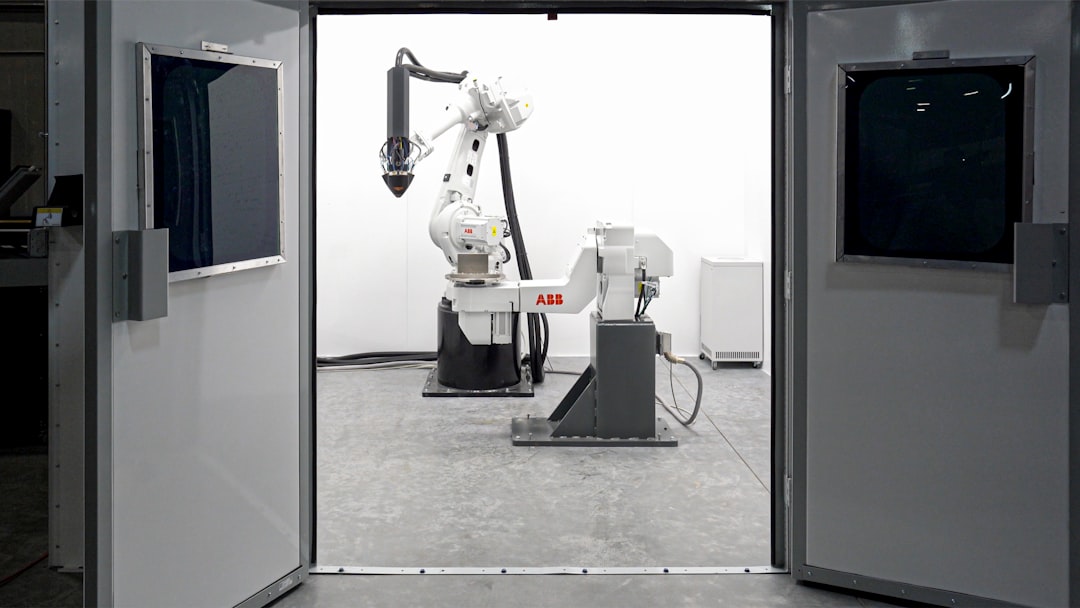What is it about?
The Intelligent Decision Technologies Journal is devoting the special section at hand to “Surveys in Artificial Intelligence-based Technologies.” The aim is to expose its reader to some of the most significant relevant advances. As such, the special section is directed towards professors, researchers, scientists, engineers and students in computer science-related disciplines. It is also directed towards readers who come from other disciplines and are interested in becoming versed in some of the most recent artificial intelligence-based technologies. More specifically, the special section at hand consists of an editorial note and an additional six (6) papers. All papers were invited from authors who work in the corresponding artificial intelligence-based technology and are recognized for their significant research contributions. All papers were rigorously reviewed and revised according to the reviewers’ comments and suggestions. In more detail, the papers in the special section are organized as follows: The first paper, by Troussas, Krouska and Virvou, is on “Applying Genetic Algorithms for Student Grouping in Collaborative Learning: a Synthetic Literature Review” and falls within the field of Artificial Intelligence-based Technologies in Education. Specifically, the authors review and analyze fifteen works in the field of using genetic algorithms in collaborative learning, i.e. in teaching strategies whereby students are encouraged or required to work together in groups on certain learning activities. The second and third paper fall within the field of Artificial Intelligence-based Technologies in Human-Machine Interaction. Specifically, the second paper, by Bill Kapralos, Alvaro Uribe-Quevedo, Karen Collins, and Adam Dubrowski, is on “Intelligent Avatars and Emotion in Medical-Based Virtual Simulations and Serious Games.” The authors present an overview of the current state of research in intelligent avatars, with a particular focus on the detection and expression of emotions in virtual simulations for use in medical training. The third paper, by M. Kalpana Choudhry and D. Jude Hemanth, is on “Human Emotion Recognition Using Intelligent Approaches: A Review.” The authors review the research works carried out in the fields of human emotion detection from facial images, speech and brain signals and provide an outline of the areas where emotion recognition is required. The fourth and fifth paper fall within the field of Artificial Intelligence-based Technologies in Product Management. Specifically, the fourth paper, by S.N. van Schaik, J. Masthoff and A.T. Wibowo, is on “Package Recommender Systems: A Systematic Review.” The authors present a systematic review of research into package recommender systems, i.e. software systems which recommend a combination of items rather than individual items. The fifth paper, by Amanda Gomes de Assisa, Eric Lucas dos Santos Cabral, Wilkson Ricardo Silva Castro, João Florêncio da Costa Junior, Ricardo Pires de Souza, Marco Antônio Leandro Cabral, and Felipe Martins Pedrosa, is on “Inventory and Multi-criteria: Systematic Review.” The authors systematize the main articles that have approached MCDA and Inventory within the last 31 years (1987–2018), determining the multi-criteria methods with greater prominence in the scientific community discussions as well as the main problems addressed by them. Finally, the sixth paper by Fumihiro Kumeno, is on “Software Engineering Challenges for Machine Learning Applications: A Literature Review” and falls within the field of Software Engineering in Artificial Intelligence-based Technologies. The author presents a systematic paper collection and maps identified challenge topics to knowledge areas defined by the Software Engineering Body of Knowledge in an attempt to clarify software engineering challenges for machine learning applications.
Featured Image

Photo by Markus Winkler on Unsplash
Why is it important?
With the emergence of the 4th Industrial Revolution as a new era in human civilization, the field of artificial intelligence-based technologies is growing continuously and rapidly, developing in both itself and towards applications of many other disciplines. The advances of artificial intelligence already affect many aspects of everyday life, the workplace home activities, commerce, education and even human relationships and are expected to affect yet more aspects in the years to come. In this respect, researchers need to respond quickly, creatively and as accurately as possible and develop mechanisms, methodologies, procedures and algorithms that allow machines to become better, more efficient and more reliable at performing specific tasks, either on their own or with the help of a supervisor/instructor. One can identify many current artificial intelligence-based technologies, which form the foundation for many areas of modern and future everyday life and include: 1. Artificial Intelligence-based Technologies in Education. 2. Artificial Intelligence-based Technologies in Human-Machine Interaction. 3. Artificial Intelligence-based Technologies in Product Management. 4. Software Engineering in Artificial Intelligencebased Technologies.
Perspectives
It is expected that the readers of the special section will find it useful and inspiring in their works and researches. On the other hand, societal demand continues to pose challenging problems, which require ever more efficient tools, methodologies, systems and artificial intelligence-based technologies to be devised to address them. Thus, the reader may expect that additional related special editions will appear in the future.
Prof.-Dr. George A. Tsihrintzis
University of Pireaus
Read the Original
This page is a summary of: Surveys in artificial intelligence-based technologies, Intelligent Decision Technologies, February 2020, IOS Press,
DOI: 10.3233/idt-199001.
You can read the full text:
Contributors
The following have contributed to this page










